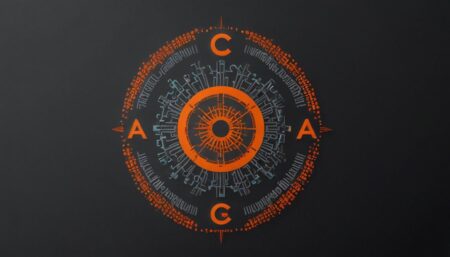Researchers at MIT have created an AI chatbot named Future You that engages users in conversations with their older selves to encourage better life decisions. Using advanced AI technology, the chatbot aims to promote long-term behaviour change in areas such as health, finance, and career by simulating interactions with future selves.
Researchers at the Massachusetts Institute of Technology (MIT) have developed an AI-powered chatbot named Future You, designed to motivate people to make wiser life choices by simulating conversations with their older selves. The chatbot, part of a project led by Pat Pataranutaporn at MIT’s Media Lab, aims to shift users’ thinking regarding health, finance, and career by promoting long-term behavior change.
The process begins with users answering questions about their current lives and future aspirations, followed by uploading a portrait photo that the system ages digitally. Utilizing OpenAI’s GPT-3.5, the chatbot generates synthetic memories and plausible backstories for the future self. For instance, in a trial, a student aspiring to be a biology teacher interacted with her 60-year-old simulated self, who shared a rewarding anecdote from her teaching career.
A preprint study involving 344 volunteers indicated that interactions with the chatbot reduced anxiety and strengthened connections to their future selves, potentially leading to better life decisions such as goal setting, regular exercise, healthy eating, and retirement savings. The project aligns with behavioral science principles, serving as a “nudge” to make the future self more tangible and relevant.
Ivo Vlaev, a professor of behavioral science at the University of Warwick, praised the project for its potential impact if it can provide authentic and meaningful interactions. This innovative approach exemplifies how advanced AI can be employed to foster positive behavioral changes by drawing attention to long-term wellbeing.










